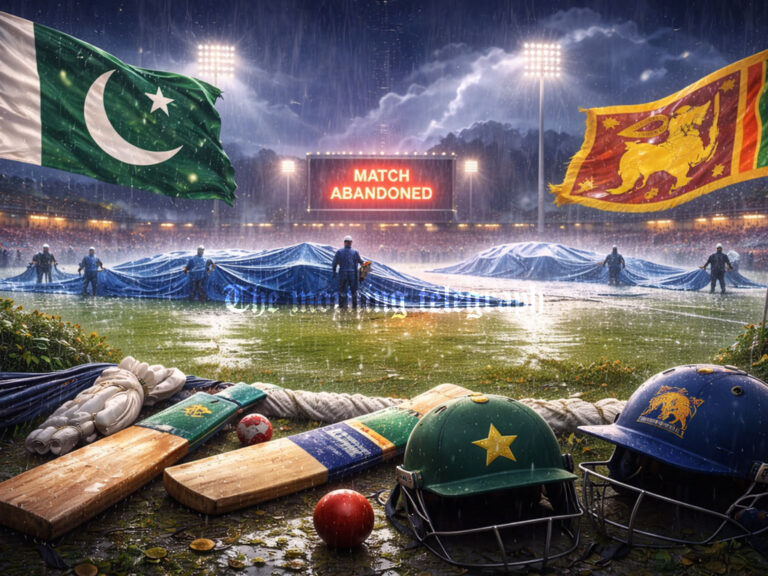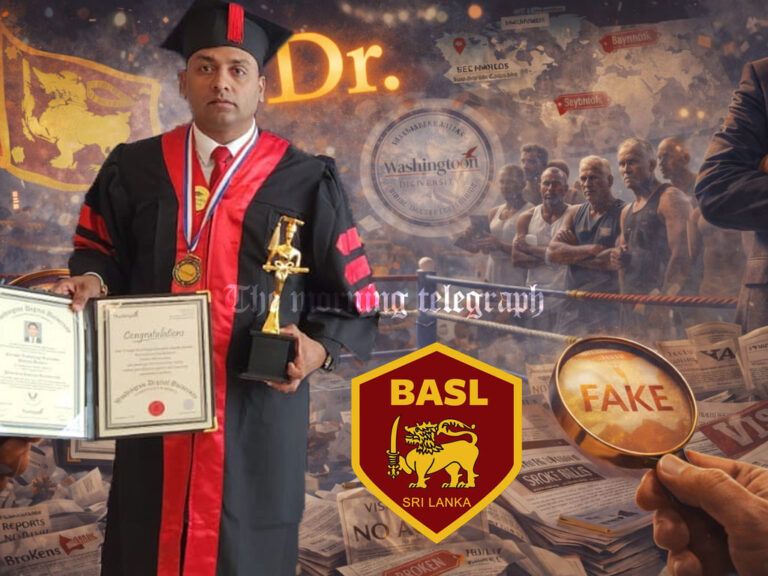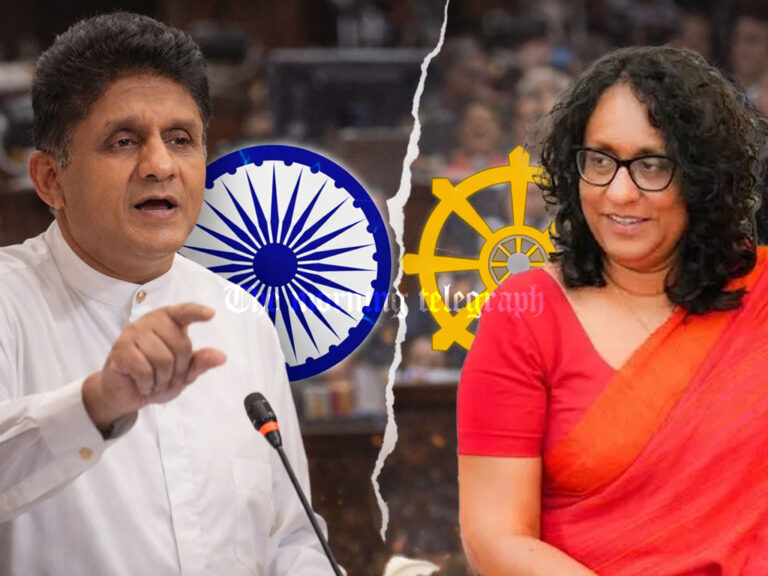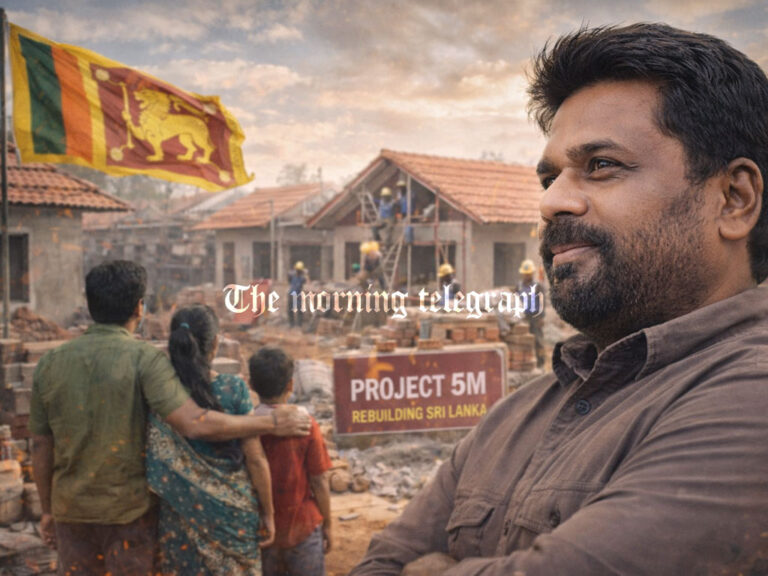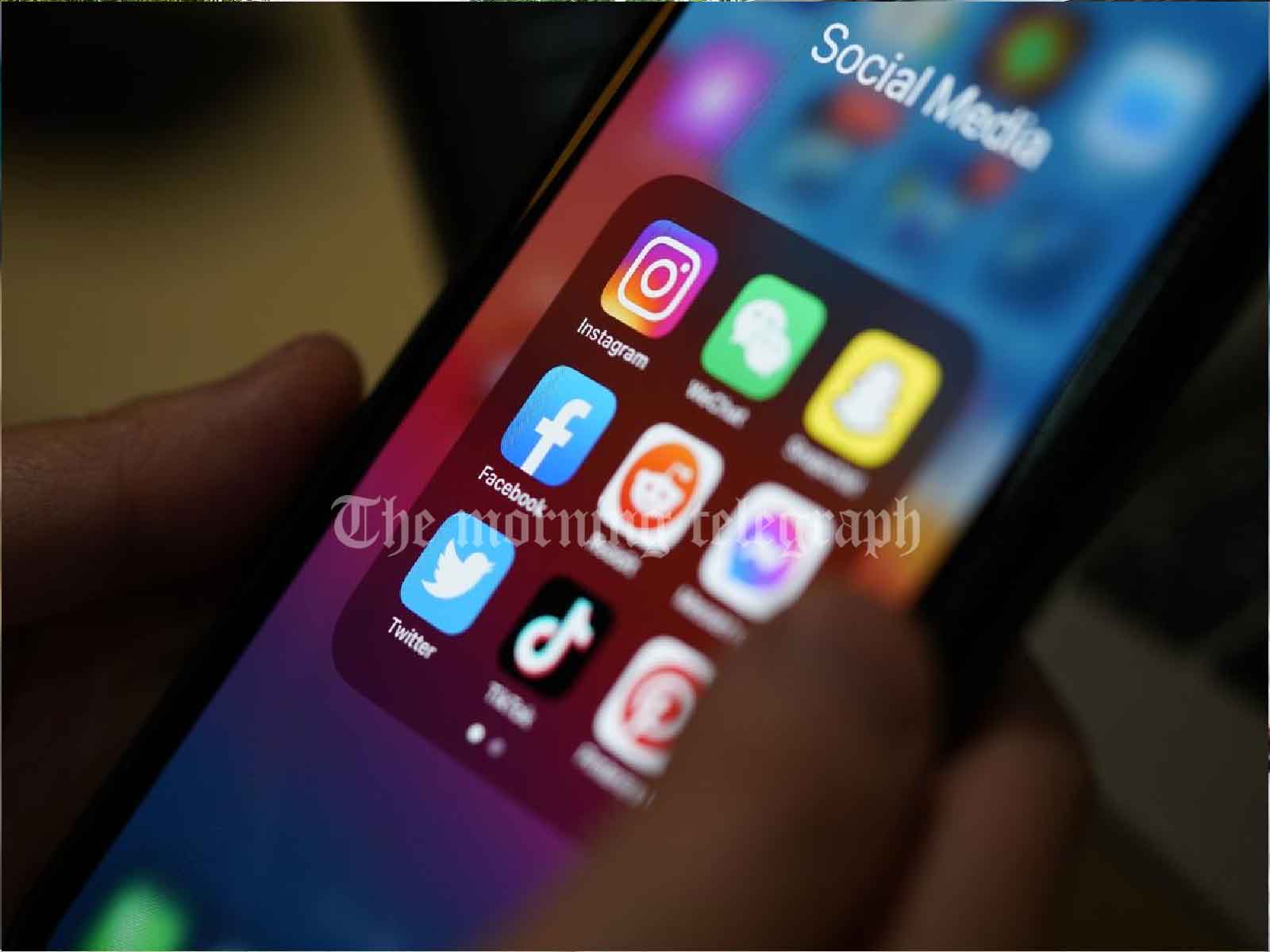
In today’s digital age, social media plays an unparalleled role in shaping public opinion, influencing global conversations, and even acting as a primary news source for millions. Since its inception, social media has grown rapidly, with platforms like Facebook leading the way in reshaping how people consume and share information. However, unlike traditional media—such as newspapers, television, and radio—which are subject to regulatory frameworks, social media largely operates without formal accountability mechanisms. This difference has led to concerns about misinformation, malicious content, and the unchecked power of these platforms.
Traditional mass media in many countries operates under specific regulations and ethical standards to ensure accountability. In Sri Lanka, for example, newspapers are regulated by the Press Board and Press Complaints Commission, with a code of ethics established in 1981 and updated in 2003 to address digital media. Television and radio are similarly regulated, with strict internal guidelines to ensure accuracy and ethical standards. Legal recourse is available for individuals affected by media inaccuracies, holding traditional media accountable to the public.
Social media, by contrast, lacks such regulatory frameworks, which has led to a surge in issues like misinformation, personal attacks, and fake accounts. While Sri Lanka’s Computer Emergency Response Team offers limited oversight, there is no comprehensive mechanism to address these challenges effectively. This lack of formalized accountability, as highlighted by Mr. Vijitha Herath, has turned social media into what he described as “wild animals,” underscoring the urgent need for responsible regulation.
The risks of unregulated social media are significant, with potential harm to individuals, businesses, and even the political landscape. In cases of misinformation, users often spread harmful content without consequence, with fake accounts and deleted posts leaving little room for accountability. Left unchecked, this environment could contribute to a range of societal issues, including the erosion of public trust and the spread of dangerous misinformation.
Globally, several regulatory models exist to balance freedom and responsibility in media. These include self-regulation, statutory regulation, co-regulation, and internal regulation, each offering a framework that preserves media freedom while enforcing accountability. The Sri Lankan Constitution guarantees media freedom but also places specific legal limits to prevent its abuse. Thus, freedom of expression is not absolute; it must be balanced with public interest and social responsibility.
If social media platforms fail to regulate themselves responsibly, it becomes the government’s duty to intervene and ensure that these platforms uphold accountability standards. This is not about curtailing freedom but rather about preserving a healthy digital environment that serves public interest and promotes societal harmony.

